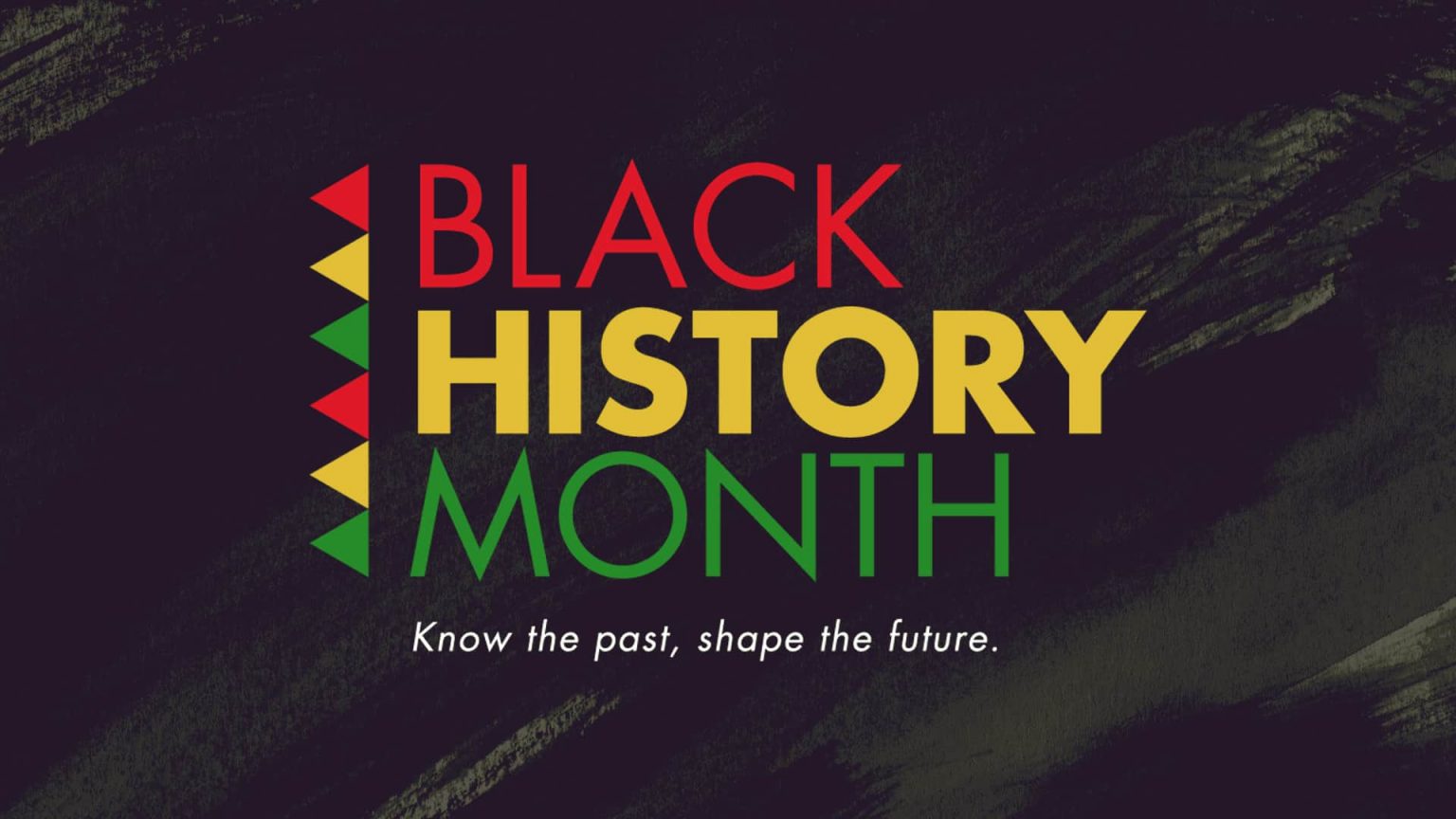Dominica Reparations Committee Chairman reiterates call for black history to be included in schools curriculum
The following article is republished from Dominica News Online and was written on February 15, 2024.
As Dominica commemorates Black History Month alongside the global community, Dr. Damien Dublin, the President of the Dominica Reparations Committee, persistently advocates for the incorporation of black history into the educational curriculum.
In an interview with the state-owned Radio DBS, Dr. Dublin expressed, “Our committee has proposed the inclusion of black history in the school curriculum. We remain hopeful that this will be implemented in due course.”
He further mentioned that several books have been published under the auspices of the CARICOM Reparations Committee and the Centre for Reparations Research. “We aspire for these books to be accessible and distributed across the islands,” he added.
Dr. Dublin urged all Dominicans to utilize this month to delve deeper into their history. “All citizens, particularly the descendants of enslaved Africans, should use this month to learn more about their heritage, their accomplishments, and the numerous inventions attributed to them,” he suggested.
He emphasized, “This will foster a heightened sense of awareness and self-esteem, leading to the complete liberation of our minds from mental slavery and enabling us to perceive ourselves differently.”
Dr. Dublin concluded, “The information is readily available. We are simply encouraging individuals to conduct their own research during this month and become more informed.”
Black History Month, celebrated annually in February, is a time to acknowledge the significant contributions of African Americans and their central role in U.S. history. It also provides an opportunity to explore Black histories beyond narratives of racism and slavery, highlighting Black accomplishments.
The fight for reparations for slavery in the Caribbean has been a long journey. The Caribbean was at the core of the transatlantic slave trade, with about 40% of enslaved Africans shipped to the Caribbean Islands1. In 2013, the Caribbean Community (CARICOM) established the Caricom Reparations Commission (CRC) to establish the moral, ethical, and legal case for reparations from former colonial powers2. Barbados has been one of the loudest voices in this fight, with public support mobilized by a national task force on reparations3. The fight continues today, with calls for institutions and individuals who profited from slavery to make amends.
Twelve CARICOM member states have established national reparations committees. These include Antigua and Barbuda, the Bahamas, Barbados, Belize, Dominica, Guyana, Jamaica, Saint Kitts and Nevis, Saint Lucia, Saint Vincent and the Grenadines, Suriname, Suriname and Trinidad and Tobago.
The Caribbean Community (CARICOM) Reparations Commission has expanded the list of countries to be targeted for reparation. The African Union and the Caribbean Community (CARICOM) have also partnered to form a “united front” to persuade European nations to pay for “historical mass crimes”. They have established a global fund based in Africa with the aim of accelerating. However, the response from European nations has been varied with some resistance to the concept of reparations.

